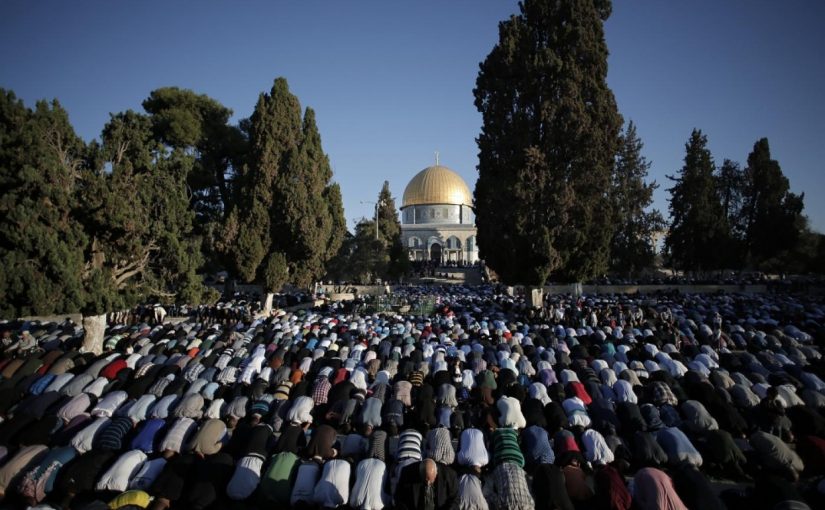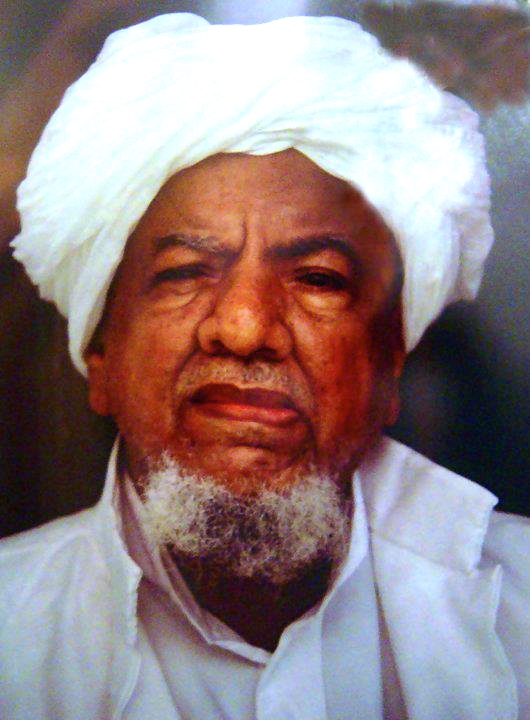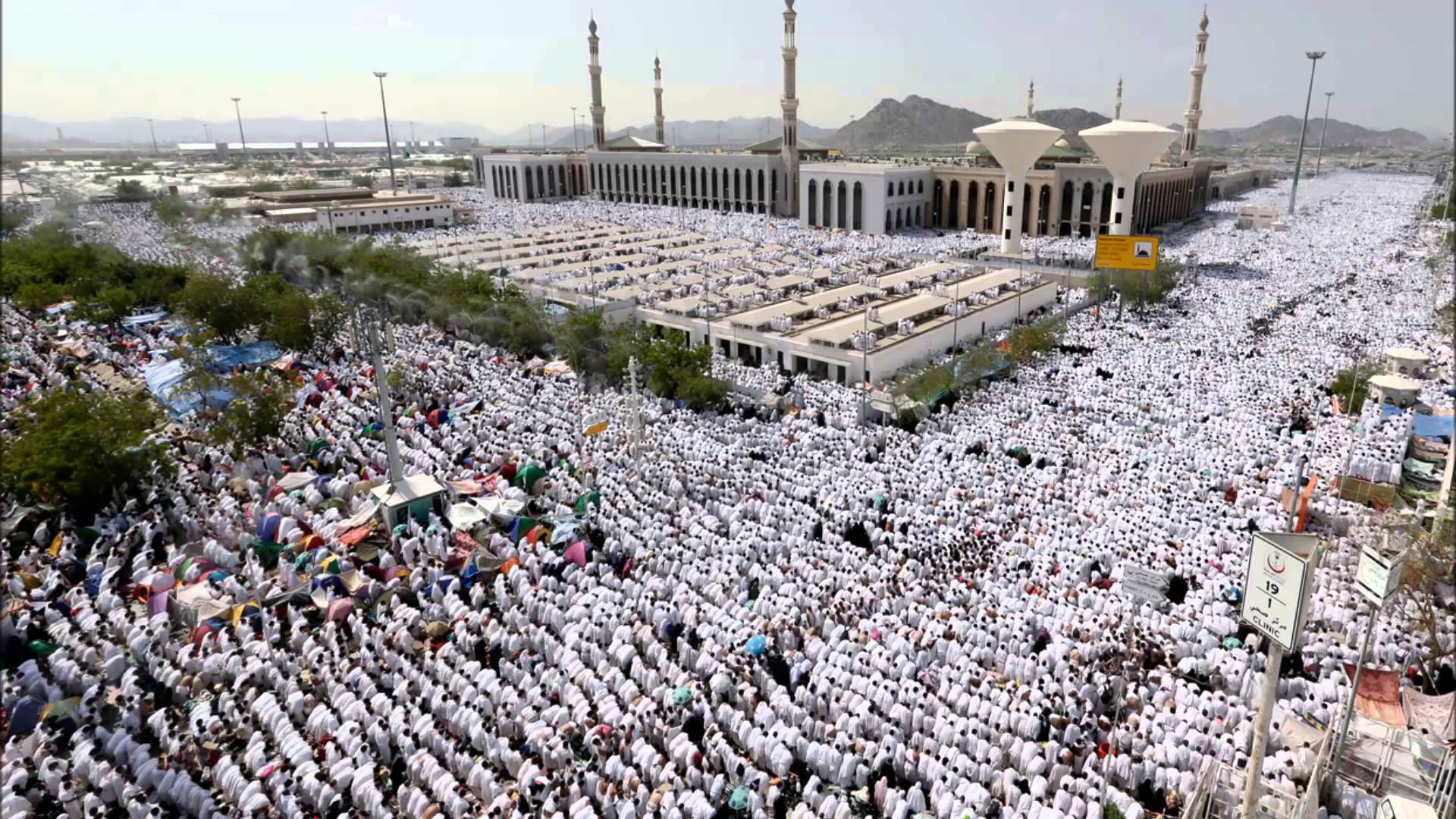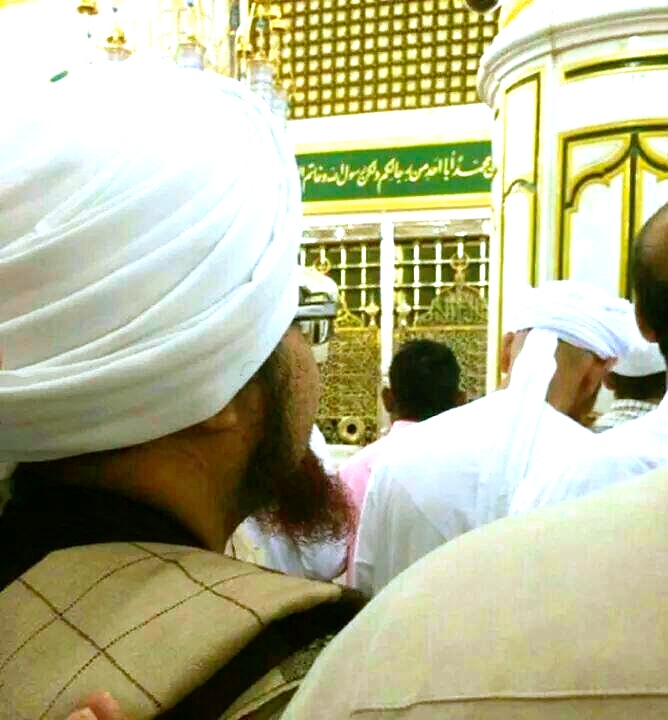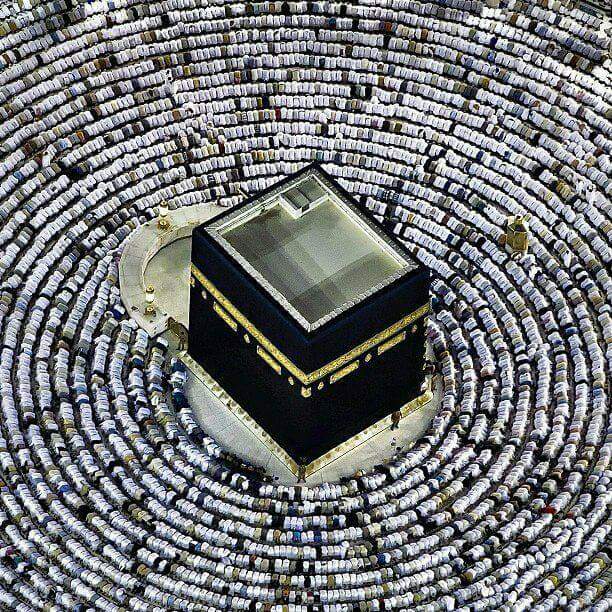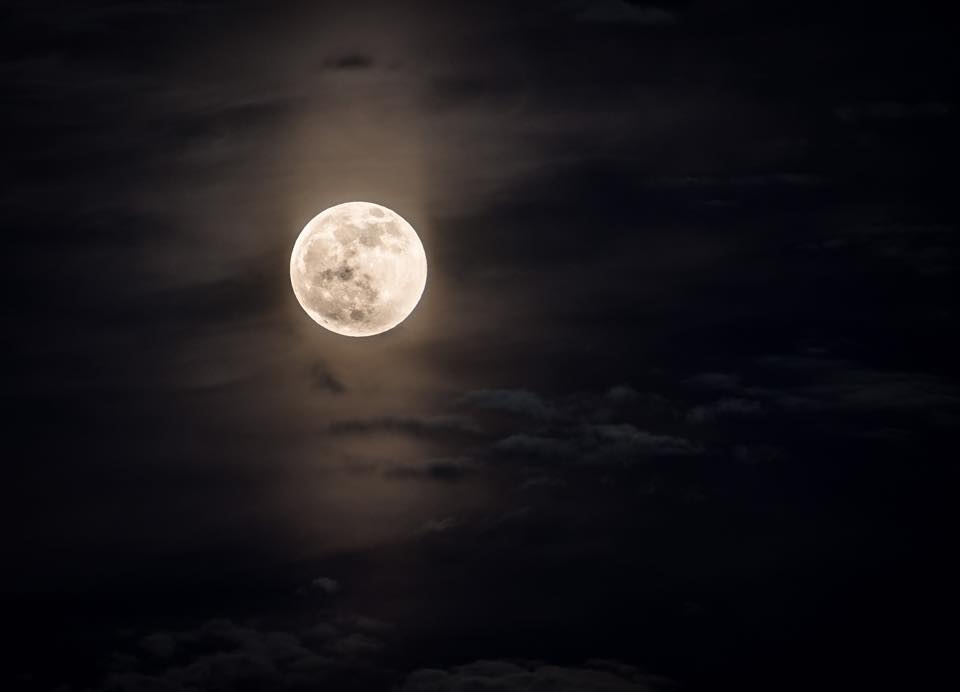The Day of Ashura, the tenth of Muharram, is an auspicious day. It has been narrated that it was the day on which Allah forgave our father Adam, the day on which the Ark of Nuh came to rest on the mountain known as al-Judi after six months at sea, and the day on which Allah forgave the people of Yunus (peace be upon him and all the Prophets). Continue reading The Day of Ashura
Category: Blessed Days
A New Year Message
Sayyidi Habib Umar bin Hafiz (may Allah protect him and benefit us by him) calls us to reflect on the passing of time and the arrival of a new year.
We bid farewell to another year of the Hijrah of the Messenger of Allah ﷺ , a year which contains a number of days and nights. These days and nights are what make up your lifespan. If a day passes then a part of you has passed. Continue reading A New Year Message
Bidding Farewell to this Year and Welcoming a New Year
We are fast approaching the end of this Hijri year. There remain a few days of the blessed month of Dhu’l-Hijjah for us to benefit from. We should try to round off the year with acts that draw us closer to Allah, as “actions are judged by their endings.”1
At the end of the financial year, businessmen analyse their year’s trading, but our trade is with Allah and is more worthy of being evaluated. Continue reading Bidding Farewell to this Year and Welcoming a New Year
The Night of Eid and Sunnahs of Eid al-Adha
Takbir
The Messenger of Allah ﷺ taught us to fill these blessed days and nights with the remembrance of Allah generally and specifically with the takbir in which we express Allah’s greatness and transcendence. He said ﷺ: “Beautify your Eid days with the takbir.”[1] It is recommended to make the takbir after every prayer (fard or nafl) from Fajr on the Day of `Arafah (9th Dhu’l-Hijjah) until `Asr on the 13th, the final day of the three Days of Tashriq. Continue reading The Night of Eid and Sunnahs of Eid al-Adha
Arafah Supplications by Habib Abd al-Qadir al-Saqqaf
Download a selection of supplications made by Habib `Abd al-Qadir al-Saqqaf (may Allah have mercy upon him and benefit us by him) on the Day of `Arafah. The people of Allah teach us what to ask for and how to ask for it.
`Arafah Supplications by Habib `Abd al-Qadir al-Saqqaf
The Best Day of the Year: the Day of Arafah
The magnificent ten days of Dhu’l-Hijjah are almost over and we are approaching their climax, which is the Day of Arafah (9th Dhu’l-Hijjah). On this day there is an immense outpouring of divine mercy and bounty and it is considered by many scholars to be the best day of the year. Continue reading The Best Day of the Year: the Day of Arafah
Selected Salawat: Salat of Dhu’l-Hijjah
“In these days we want true prayer, true fasting, true recitation of the Qur’an and a true connection to the blessed Prophet ﷺ so that we can be close to him on the Day of Gathering, so that we can be with the best of people who come to drink from his pure Pool. O Allah, allow us to drink from his Pool, O Loving One, O Most Generous, O Most Merciful!“ Continue reading Selected Salawat: Salat of Dhu’l-Hijjah
The First Ten Days of Dhu’l-Hijjah
We are about to enter the blessed month of Dhu`l-Hijjah. The Messenger of Allah ﷺ informed us that there are no days in which righteous actions are more beloved to Allah than the first ten days of this month.1 For that reason some scholars have ruled that these days are better than the final ten days of Ramadan, although the nights of Ramadan are superior to these nights. Allah Himself swears by “the Ten Nights” in Surat al-Fajr, which is sufficient evidence of their greatness. Continue reading The First Ten Days of Dhu’l-Hijjah
The White Days of Dhu’l-Qa`dah
We are now approaching the “White Days” of the blessed month of Dhu’l-Qa`dah. The “White Days” are the days that follow nights in which the moon is full, namely the 13th, 14th and 15th days of each lunar month. The Messenger of Allah ﷺ encouraged his Companions to fast three days in every month and to fast these days specifically. The reward for fasting these days in Dhu’l-Qa`dah will also be multiplied because it is a sacred month.
The Messenger of Allah said ﷺ: “If you fast three days in the month then fast the thirteenth, fourteenth and fifteenth” (Narrated by al-Tirmidhi and al-Nasa’i).
Please check the moon sighting in your locality to be sure that your fast coincides with the “White Days.”
The Six Days of Shawwal
The Messenger of Allah ﷺ said that whoever fasts Ramadan and then fasts six days in the month of Shawwal has fasted the whole year, since each good deed is multiplied by ten. Thus the thirty days of Ramadan equal three hundred days and the six days equal sixty which together make up the whole year of three hundred and sixty days. The scholars say that what is meant is that one has the reward of a whole year’s compulsory fasting, not merely supererogatory fasting. The Prophet ﷺ also said that whoever completes Ramadan and the six days will emerge as free from sins as a new born baby. It is thus recommended to fast any six days of Shawwal. Continue reading The Six Days of Shawwal




